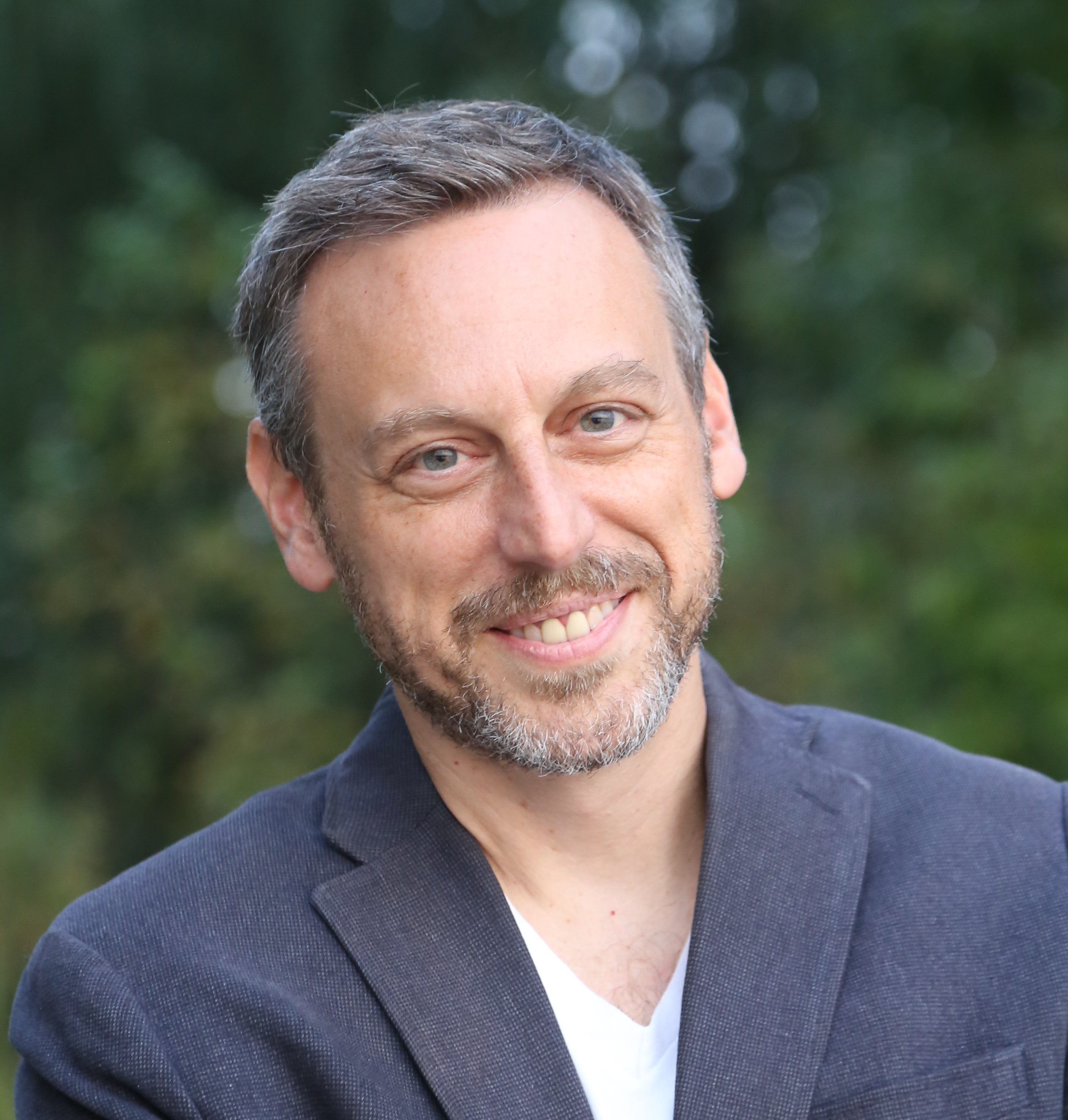From Productivity to Purpose
In order to move things forward, productivity expert and author Chris Bailey talked about doing just one thing. I have often tried to do a million things at once and thought that multi-tasking was something very respected or admired. But, unfortunately, being lost in an abyss of self-imposed or real deliverables oftentimes led me to a failure of “making things happen.”
Bailey spent a year trying different hacks in a deep-dive experiment to find and identify the most impactful results. The culmination of his unique and exciting journey was the book The Productivity Project. In one section talking about the attention muscle, he says:
The key to all these tactics is to constantly bring your attention back to the task at hand when it wanders off. Every time you reengage your wandering mind with the task at hand, your attention muscle becomes that much stronger and you’ll heighten the amount of control you have over your mind so you can prevent it from wandering off in the future. This isn’t easy, which is why I recommend starting out small – but it’s well worth the effort.
He asserts that a wandering mind does not always lead to a happy mind. In his research from psychologists Matthew Killingsworth and Daniel Gilbert, he found that the “ability to think about what is not happening is a cognitive achievement that comes at an emotional cost.” In a sense, slowing down to focus on one thing and enjoying ourselves in the moment will result in more happiness and productivity.
This is indeed a huge antidote for being more efficient, productive, and effective with tasks. But what about with tackling greater purpose in life?
We can often list out the things that we do not have in our lives and spend time dwelling or focusing on all those aspects. With the sheer amount of content on social media, it is easy to swim through pictures of other people’s material possessions, families, vacations, or just plain things. Just as Killingsworth and Gilbert state that we have the cognitive ability to think about what is not happening, we allow our minds to shift to what we do not have. That is where the emotional cost plays a factor on the broader spectrum.
I squarely believe that when individuals move in alignment with a passion, that one thing, it can work out the same way as with the smaller tasks that we endeavor to complete. When we put this as our foundation, we find that we can gain deeper happiness because we have chosen what is right for us, not what is right for something or someone else. When passion plays a role at the core of who we are and how we spend our time, our energy changes.
If that energy can be complemented with the act of helping others, giving back to those that may be in need, it can power an even greater sense of self and meaning. It is not about giving until it hurts, but rather until it feels good.
Bailey shifted away from the daily grind to go on a yearlong journey of exploration into productivity – his passion. He had a singular focus with a goal to make something happen.
I just wonder what could happen if we all follow a path like that. Not necessarily all leave our jobs per se, but to let our passions and the power of helping others guide the way.
What might that world look like?
A bit more productive, and a lot happier perhaps.

